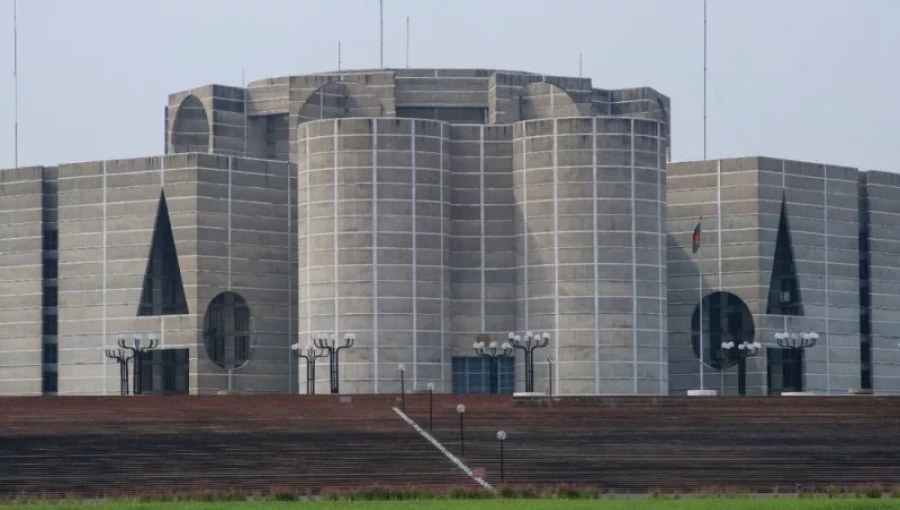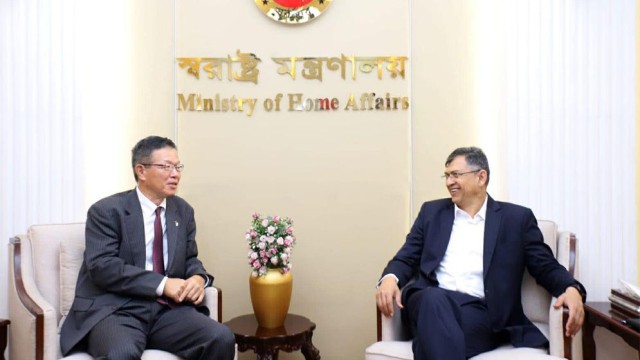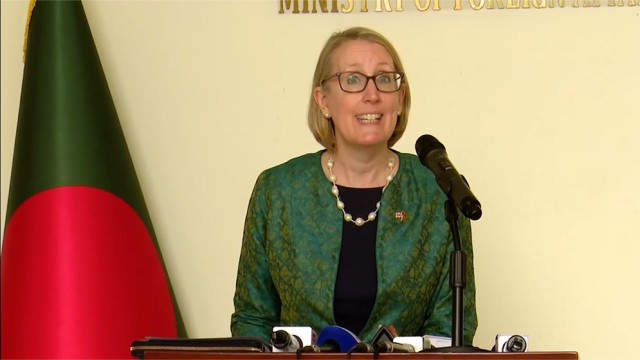Dhaka, Jan 15 (V7N)- The Constitutional Reform Commission, formed by the interim government, has submitted its recommendations, proposing significant changes to Bangladesh's legislative structure. The recommendations, along with those of three other commissions, were presented to the Chief Advisor's office in Tejgaon, Dhaka, on Wednesday (January 15).
Key Proposals
Introduction of a Bicameral Legislature
The proposed legislature will comprise:
-
Lower House (Jatiya Sangsad):
- Composition:
- 400 total seats.
- 300 members directly elected from single regional constituencies.
- 100 seats reserved for women, filled through direct elections among women candidates from all districts.
- Election Terms: 4 years.
- Special Provisions:
- At least 10% of candidates must be nominated from the youth category.
- The minimum age for contesting elections reduced to 21 years.
- Two Deputy Speakers, with one nominated by the opposition party.
- Composition:
-
Upper House (Senate):
- Composition:
- 105 total members.
- 100 members selected proportionally based on votes cast in the lower house elections, using the Proportional Representation (PR) system.
- At least 5 seats reserved for representatives from backward communities.
- The remaining 5 members to be nominated by the President from non-political, non-legislative citizens.
- Election of Speaker and Deputy Speaker:
- Speaker elected by a simple majority within the Upper House.
- Deputy Speaker chosen from non-government members.
- Election Terms: 4 years.
- Composition:
Potential Impacts of the Proposal
- Representation:
- Direct elections for women in reserved seats ensure gender representation.
- Reserved seats for backward communities in the Senate promote inclusivity.
- Youth Participation:
- Lowering the candidacy age and mandating youth representation in nominations aim to energize the political system.
- Balance of Power:
- The bicameral system could provide checks and balances, reducing the concentration of power in one house.
- Diversity in Governance:
- Proportional representation in the Senate encourages broader political participation.
- Presidential nominations allow for the inclusion of independent and specialized voices.
The recommendations mark a significant step towards reshaping Bangladesh's governance structure. However, implementing these changes will require constitutional amendments and extensive discussions with stakeholders, including political parties, civil society, and the public.
END/MSS/AJ































Comment: